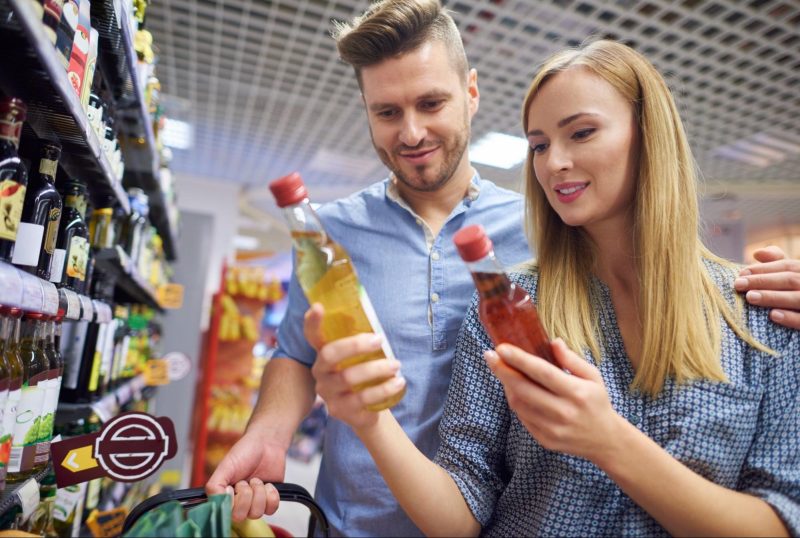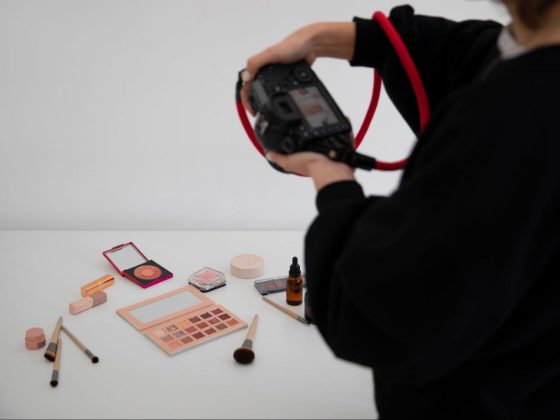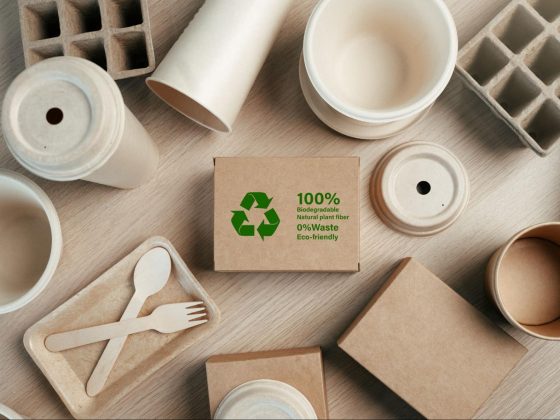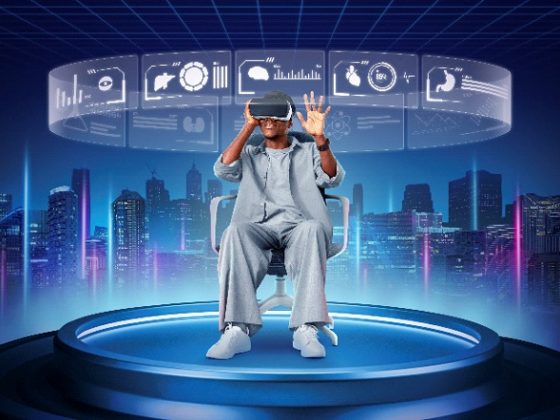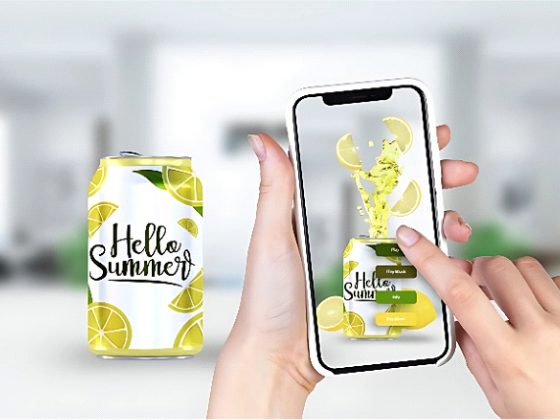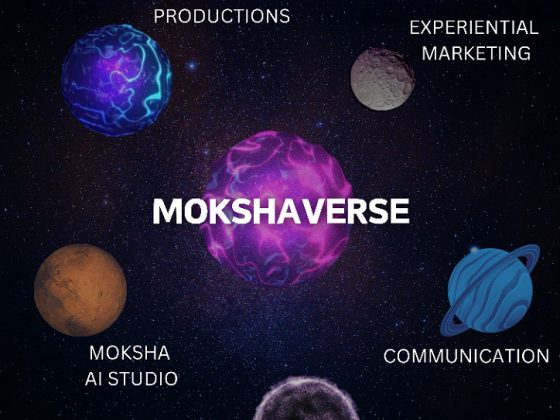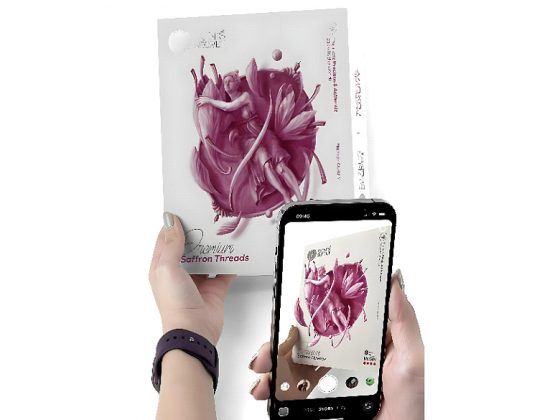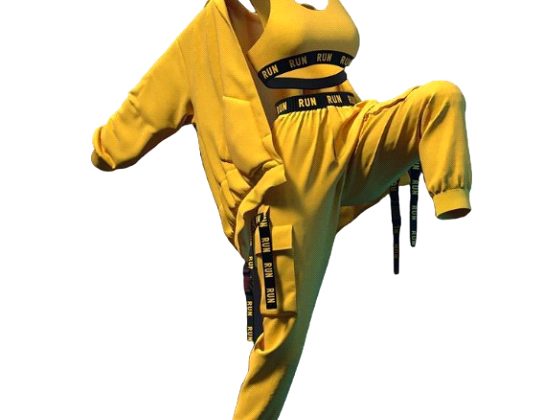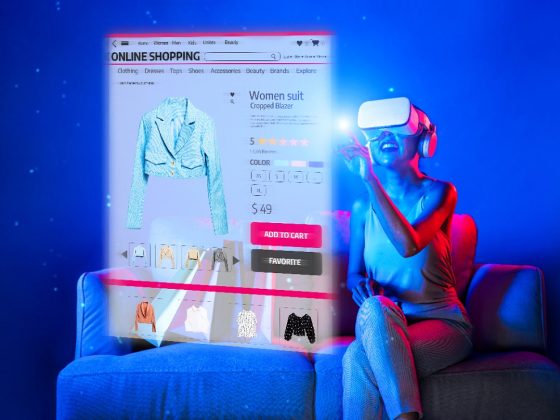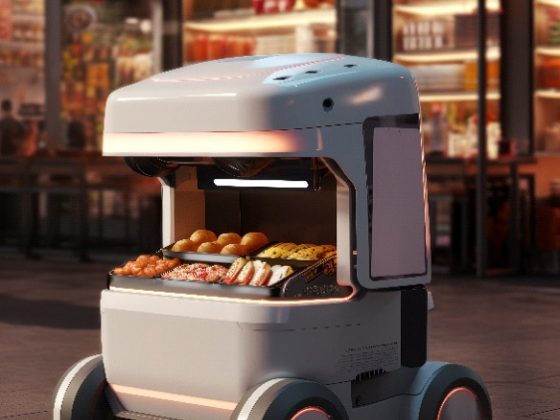A study by Research and Markets predicts that the global augmented reality market will reach $97.76 billion by 2028, up from $15.3 billion in 2020, showcasing just how rapidly this sector is expanding. FMCG brands see this as a lucrative opportunity to interact with tech-savvy consumers in new ways. This immersive approach caters to the modern consumer’s need for instant gratification, as virtual taste testing offers immediate interaction without the need for physical samples, which can be costly and logistically complex.
In particular, the pandemic has accelerated the shift towards digital-first experiences. Traditional in-store sampling was significantly curtailed due to health concerns, so virtual taste testing emerged as a safe and effective alternative. Major FMCG brands like PepsiCo, Nestlé, and Mondelez have already begun integrating AR into their marketing strategies. PepsiCo, for example, utilised AR for its LAY’S Crispy Chips campaign in China, allowing users to scan the packaging and unlock interactive content, including virtual taste experiences. This has resulted in increased customer engagement and higher product recall, as these virtual experiences remain embedded in the consumer’s mind long after the interaction has ended.

